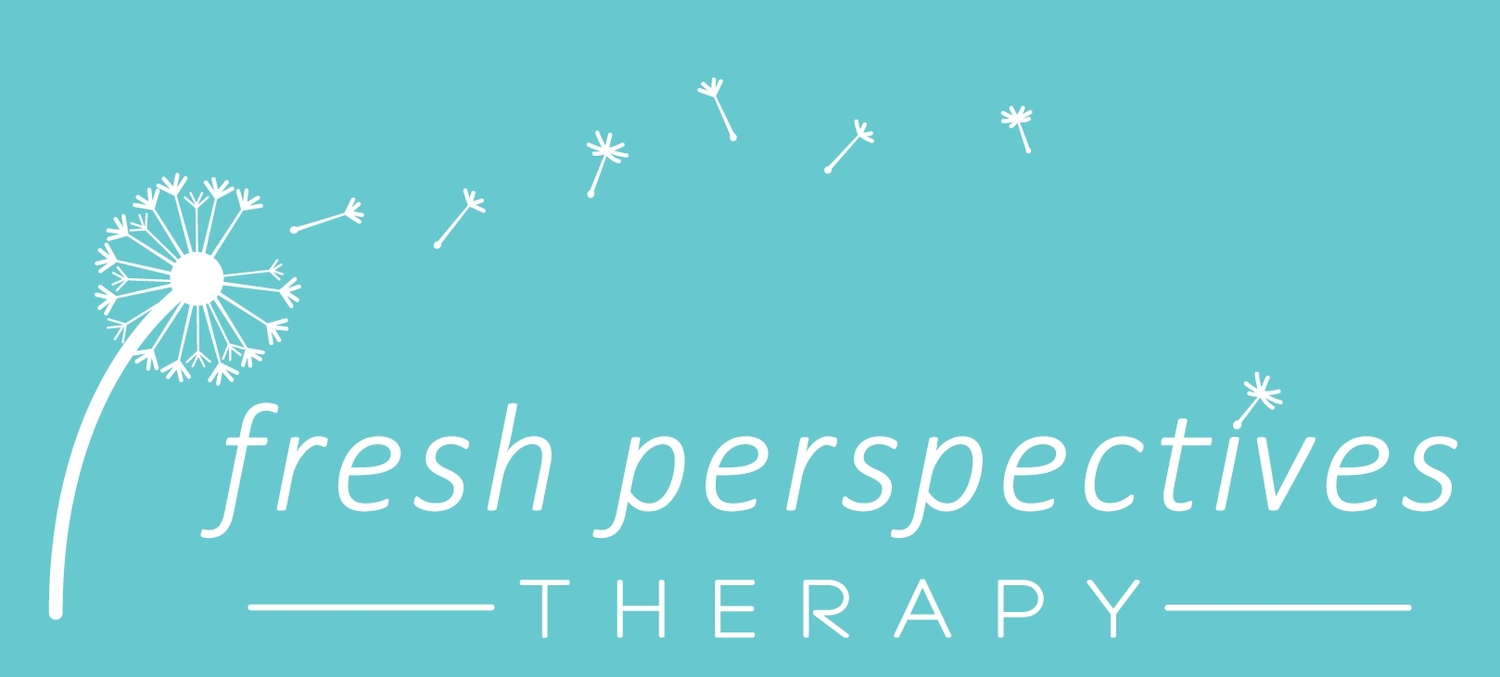Photography by Arah McManamna
When there are physical signs like bruises or broken bones, it is fairly clear you’re dealing with abuse, though that doesn’t make it easier to extricate yourself or your loved one from it. But what happens when abuse is subtle and doesn’t leave physical wounds? It’s more difficult to talk about, let alone name. How can you tell if you or someone else is really in an emotionally abusive relationship?
The damage from an emotionally abusive relationship can take years and a lot of work to heal. Recognizing it is always the first step. Here are a few warning signs to look out for:
Walking on Eggshells
If you can just keep your partner from knowing about certain situations or topics, maybe you can avoid being put down, excessive criticism, or a blowup. Life becomes a long, exhausting, complicated dance to protect your partner from their ‘triggers’ but this is an exercise in futility. Unfortunately, there is little hope this behavior will change. It is not your fault and the abuser will always find something else to blow up about.
Isolation
This is one of the more well-known characteristics of abusive relationships, both physical and emotional, but still very worth noting. Keeping you from family and friends or even isolating you financially creates a sense of dependence on the relationship and keeps you from thinking you can leave. There is power in numbers and abuse is all about maintaining control and power in a relationship.
Jealousy
Abusers are actually emotionally dependent on their partner and thus seek to take control, hiding this dependency to seem powerful. This is done by keeping very close track of where their partners are all the time—calling or texting excessively while being vague about his or her own actions. Abusers may show intensely negative reactions to any sexual/romantic attention their partners receive from others and will turn it around, making it the partner’s “fault”.
Gaslighting
Another strategy an abuser will use to keep their partner nearby is called gaslighting. This is a form of psychological manipulation—when an abuser convinces you it’s all in your head or your own fault. They trick you into no longer trusting your own memory or judgment. Gaslighting makes you feel like you’re always second-guessing yourself, wondering if maybe you were too harsh or critical of your partner or feeling like maybe you’re too sensitive.
Conditional Love and Acceptance
“I love you but…” or “If you don’t___, I will____”. These are underhanded threats. Your partner acts like he or she really wants to accept and love you but that your actions make that impossible. This is adding conditions to their love and is another way to dominate or control the relationship.
Keep You Coming Back for More
You may wonder, if someone is treated so poorly all the time, why do they even stay? All of this abuse wears on a person's self-esteem, making them feel desperate for a little taste of something positive, for some affection. Abusers use this to their advantage by having moments in which they act sensitive and caring. An abuser might apologize profusely, be extremely complimentary, make big promises about how things will be better, buy their partner a gift—as if any of this can make up for all of the emotional abuse. It keeps the abused partner coming back for more, thinking that better days are on their way and their partner really isn’t all that bad after all.
If these words are resonating with you about a relationship you’re in or even a relationship a friend or family member is in, you don’t have to go through this alone. Getting out of an abusive relationship can be complicated and difficult. Reach out for help from a licensed mental health professional and get more information at The National Domestic Violence Hotline or call 1-800-799-SAFE

